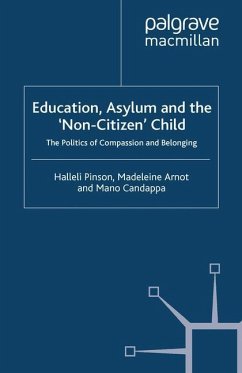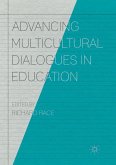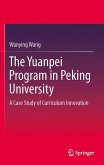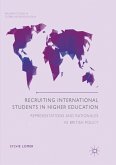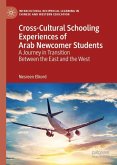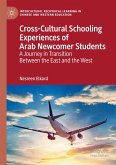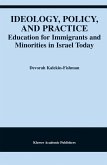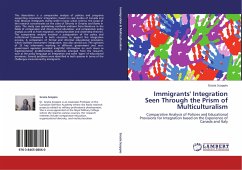Awarded 2nd Prize, Best Book award, the Society for Education Studies, 2011
Refugees are physically and symbolically 'out of place' - their presence forces governments to address issues of rights and moral obligations. This book contrasts the hostility of immigration policy to 'non-citizen'' children with teachers' exceptional compassion and 'citizen students' ambivalence in defining who can belong.
Refugees are physically and symbolically 'out of place' - their presence forces governments to address issues of rights and moral obligations. This book contrasts the hostility of immigration policy to 'non-citizen'' children with teachers' exceptional compassion and 'citizen students' ambivalence in defining who can belong.
'Asylum-seeking and refugee children have been largely invisible to the intellectual prism of the sociology of education. Their presence dramatically confronts the traditional role of the state of educating in loco parentis. Delivered with impeccable and accessible writing, this book is a true eye opener'. - Professor Carlos Alberto Torres, Director of the Paulo Freire Institute, University of California, USA
'Based on compelling empirical evidence, this volume offers important insights into the moral integrity of pupils and teachers in the face of hostile immigration policy. It is a vital contribution to current debates internationally on the challenges to the integration of refugee and asylum seeking children.' - Jo Boyden, Director of the Young Lives Research Centre, University of Oxford, UK
'This is a bold, sophisticated and impressive book which presents a careful and critical analysis of the position of asylum-seeking and refugee children. The voices and experiences of the children form a central component of the study and challenge everyone in education to live up to their inclusive rhetoric and act to stop the inhumane and oppressive treatment that so many asylum-seeking and refugee children experience on a daily basis.' - David Gillborn, Professor of Critical Race Studies in Education, Institute of Education, University of London, UK
'Education, Asylum and the 'Non-Citizen' Child is a valuable resource for people in a wide range of disciplines who care for, work, and research with children and young people.' - Children & Society
'Education, Asylum and the 'Non-Citizen' Child makes a valuable contribution to both refugee studies and the sociology of education. Drawing on multiple empirical sources, it presents a compelling narrative on the contradictions, tensions and idiosyncrasies of the asylum regime vis-a-vis the State commitment to the best interests of children enshrined in national and international laws.' - Nando Sigona, Refugee Studies Centre, University of Oxford, Journal of Refugee Studies
'Based on compelling empirical evidence, this volume offers important insights into the moral integrity of pupils and teachers in the face of hostile immigration policy. It is a vital contribution to current debates internationally on the challenges to the integration of refugee and asylum seeking children.' - Jo Boyden, Director of the Young Lives Research Centre, University of Oxford, UK
'This is a bold, sophisticated and impressive book which presents a careful and critical analysis of the position of asylum-seeking and refugee children. The voices and experiences of the children form a central component of the study and challenge everyone in education to live up to their inclusive rhetoric and act to stop the inhumane and oppressive treatment that so many asylum-seeking and refugee children experience on a daily basis.' - David Gillborn, Professor of Critical Race Studies in Education, Institute of Education, University of London, UK
'Education, Asylum and the 'Non-Citizen' Child is a valuable resource for people in a wide range of disciplines who care for, work, and research with children and young people.' - Children & Society
'Education, Asylum and the 'Non-Citizen' Child makes a valuable contribution to both refugee studies and the sociology of education. Drawing on multiple empirical sources, it presents a compelling narrative on the contradictions, tensions and idiosyncrasies of the asylum regime vis-a-vis the State commitment to the best interests of children enshrined in national and international laws.' - Nando Sigona, Refugee Studies Centre, University of Oxford, Journal of Refugee Studies

